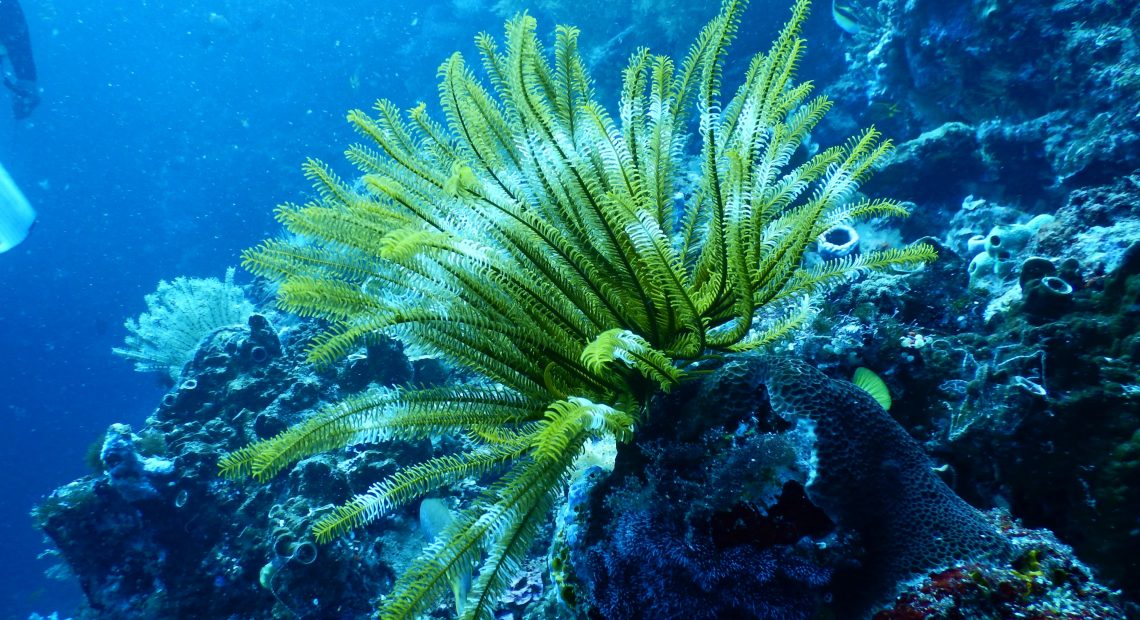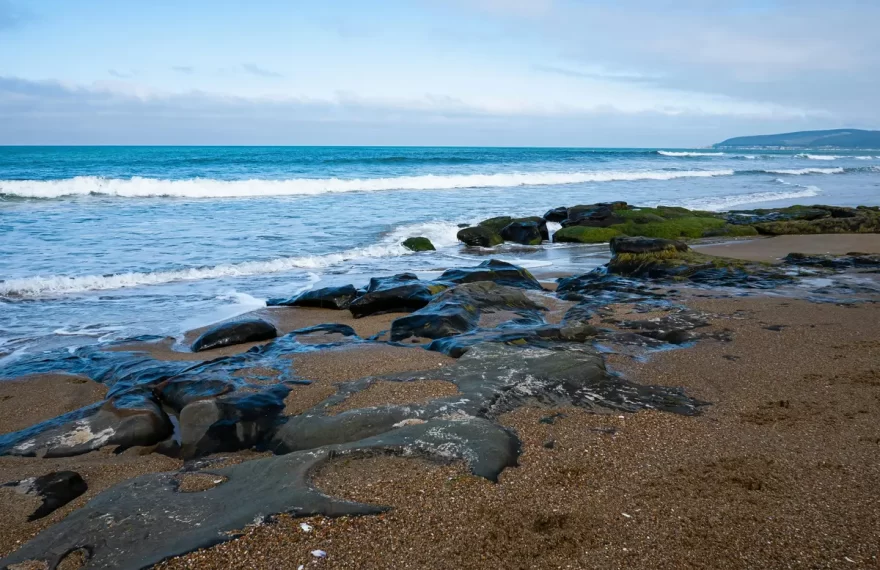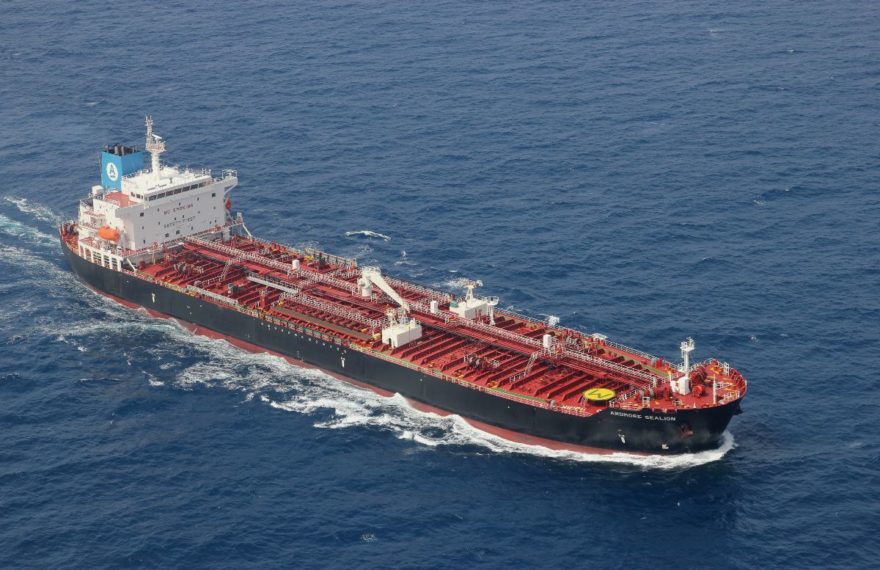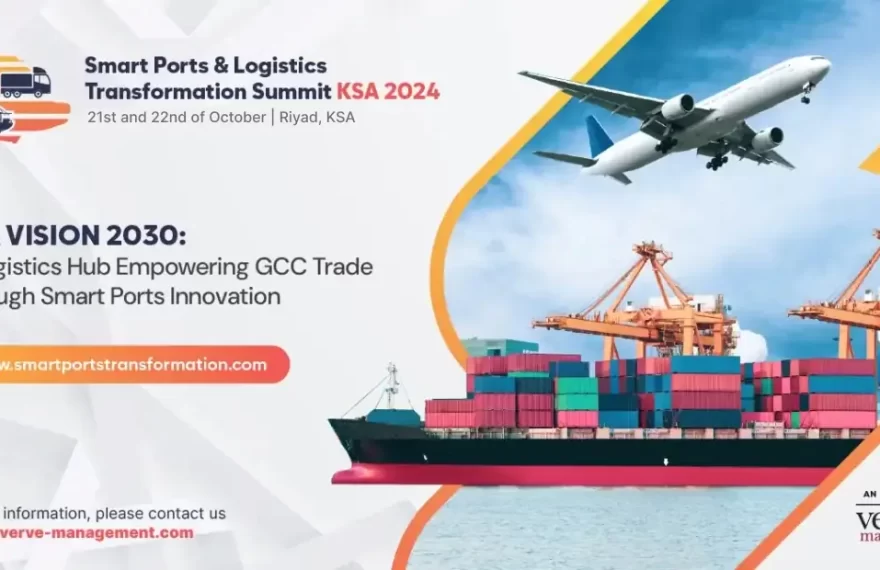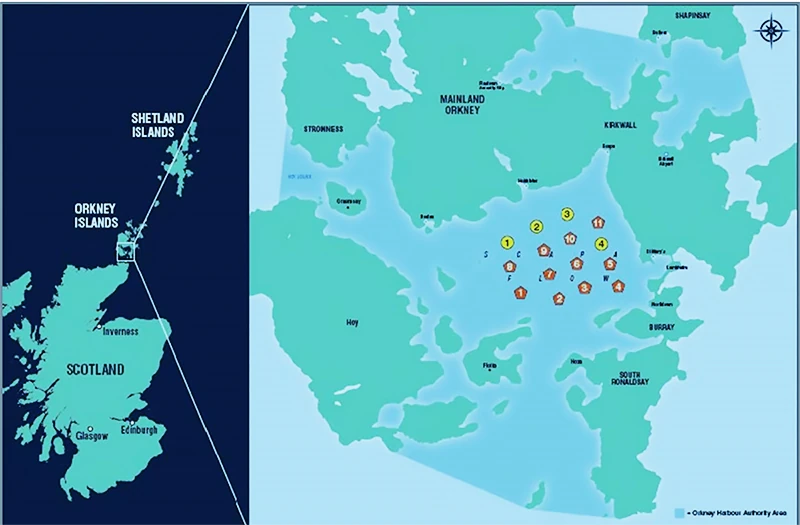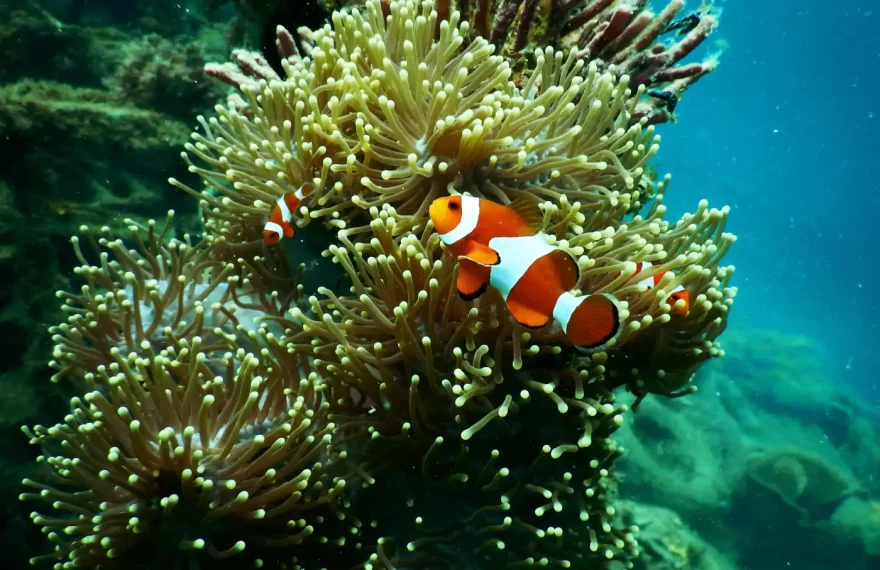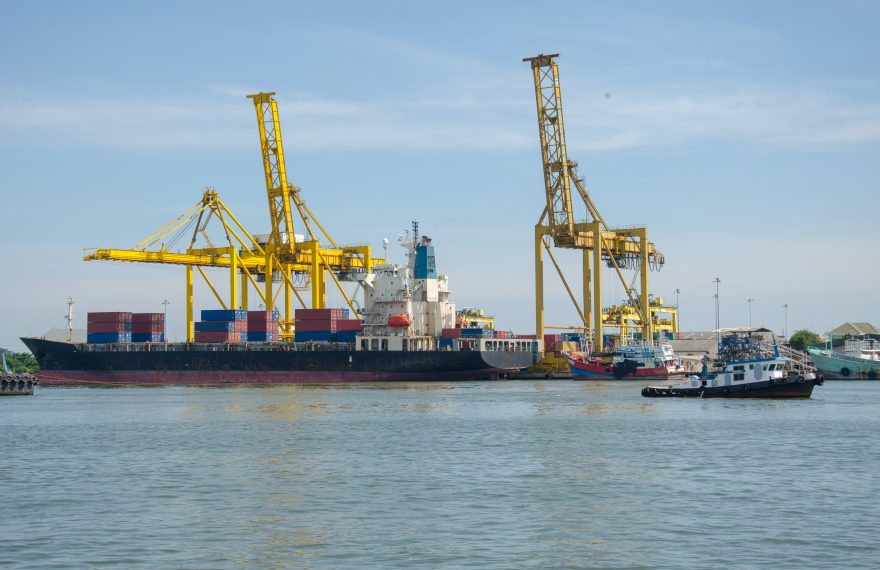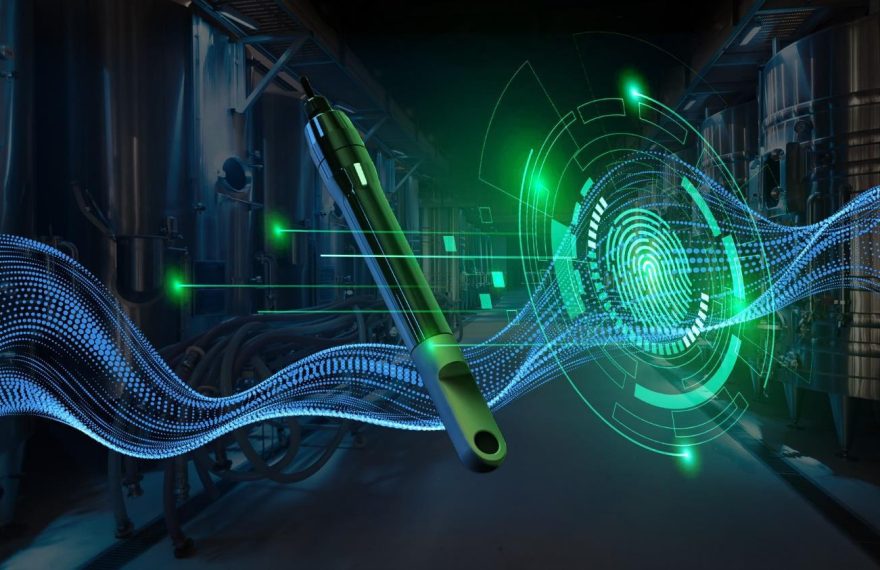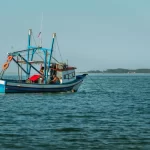June 2024: Ocean Antics, Tech Triumphs, and a Turtle Twist June was a scorcher, even for the ocean, but thankfully, the news wasn’t all doom and gloom. From coral reefs making a comeback to sea turtle detectives on the case, here’s your dose of marine marvels, tech breakthroughs,
The Sultanate of Oman is set to host the Oman Maritime, Ports and Energy Forum, an event that promises to be a pivotal gathering for international maritime stakeholders. This forum will shine a spotlight on Oman’s thriving port, energy, shipping, and bunkering sectors, offering attendees a unique opportunity to engage with leading industry experts from […]
Imagine a vast oil slick, a tarry monster threatening marine life and coastlines. It’s a nightmare scenario, but thankfully, science and innovation are stepping up to the challenge. Forget the old days of booms and buckets – oil spill cleanup is getting a high-tech makeover, and the results are nothing short of incredible. Not Your […]
Shipping companies use manual methods to track, analyse and validate port expenses, resulting in a complex web of costs that arise from every port call. The global cost from port calls, for all vessels, is over $220 billion dollars per year. Harbor Lab’s platform optimizes and streamlines the port cost management process for shipping companies, enabling […]
Riyadh, Saudi Arabia – October 21st & 22nd, 2024 – The inaugural Smart Ports & Logistics Transformation Summit KSA 2024 is poised to redefine the trajectory of Saudi Arabia’s logistics industry. Set to unfold over two dynamic days on October 21st & 22nd, 2024, in the bustling metropolis of Riyadh at the Riyadh Marriott Hotel, […]
There is a lot going on in Orkney. Well known for punching above its weight in the marine renewables sector the island archipelago has 5,000 years of history and innovation behind it. Part of the success is the strategic location between the North Sea and Atlantic Ocean at a crossroads of international shipping highways. The […]
Portugal Shipping Week 2024 (PSW24) will once again showcase Portugal as a global shipping and maritime logistics centre and an increasingly important player in the European and global energy transition. Indeed, at its core will be the decarbonisation of shipping and ports, and how national governments, ports, terminals and the shipping community are preparing. PSW24 […]
Imagine plunging into a cathedral of life, sunlight filtering through kaleidoscopic coral formations, painting the crystal-clear water with vibrant hues. Schools of fish weave between coral branches, their scales shimmering like jewels. This, dear reader, is the breathtaking symphony of a healthy coral reef – a thriving metropolis teeming with biodiversity and nurturing
Ahoy, fellow seafarers and curious minds! As we cast our gaze across the vast expanse of the maritime horizon, a new symphony of innovation echoes through the waves. In this nautical journey, we set sail into the realm of emerging technologies for sustainable shipping—a maritime adventure where wind, hydrogen, and autonomy dance together, promising to […]
Finnish deep tech company ColloidTek, has developed Collo Analyzer, a new method for real– time liquid process quality monitoring, offering significant benefits for the food and beverage manufacturing industry. Based on EMF sensors and machine learning, the technology detects various contaminants and identifies potential risks in liquid processing with a single real-time

